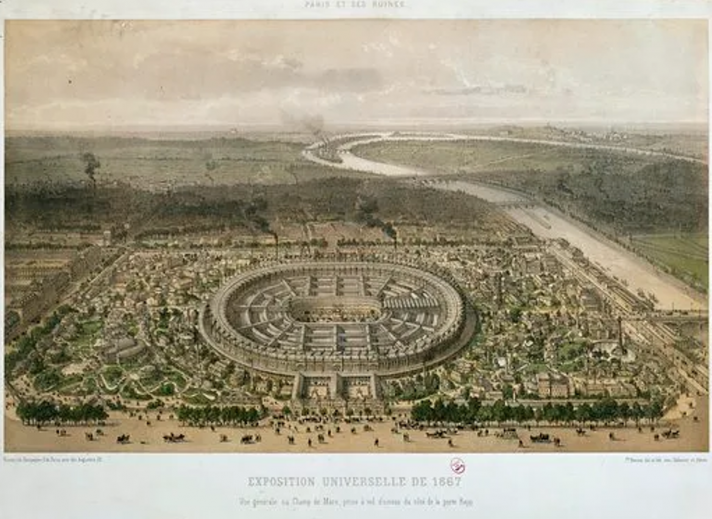What We're Reading

Matilde Cazzola, Max Planck Institute for Legal History and Legal Theory
Carlo Ginzburg, “Che cosa ho imparato da Arnaldo Momigliano”, DOPPIOZERO, 27 January 2023: Carlo Ginzburg’s recent article on what he has learnt from Arnaldo Momigliano is an exciting reading for early career and established historians alike. By providing interesting biographical details of his friendship and intellectual relation with Momigliano alongside important methodological reflections, Ginzburg recovers Momigliano’s lesson about the antiquarian method and turns it against recent sceptic and relativist claims questioning the coincidence between historical narratives and historical truth. By stressing the importance of proofs as a key tool of the historian’s craft, Ginzburg stresses the need to make rhetoric instrumental in uncovering the certainty of historical facts. He, therefore, interrogates the compelling issue of the reception of the past by observers in the present, asking why and how historical narratives are and should be perceived as true. Last but not least, Ginzburg invites us to “look towards unpredictable directions” and be brave enough to “formulate questions which loom over us, and which we will not be able to answer anyway”.
Sal Nicolazzo, Vagrant Figures: Law, Literature, and the Origins of the Police (New Haven: Yale University Press, 2021): In this book, Sal Nicolazzo reconstructs the history of the police prior to its early-nineteenth century institutionalization in a centralized and professional agency as intimately intertwined with the category of “vagrancy”. Interestingly, Nicolazzo argues that vagrancy as an intentionally vague and capacious legal notion was historically used not to sanction actual lawbreakers, but rather to criminalize a heterogenous group of “figures” for offences that they were supposed to be able, and were therefore expected, to perpetrate. It was on this anticipatory criminalizing function of vagrancy that the wide discretionary powers of the police as a preventive force depended. By looking at the prehistory of the police from a transatlantic perspective, Nicolazzo also delves into the origins of the unpredictability of police violence against Black lives, whose mobility was conceptualized as vagrancy and thereby equated with a challenge to the racialized order of states and empires. In this way, the book uncovers the fil rouge which links the historical roots of the police with its contemporary implications.
Giù le maschere: Le decolonizzazioni e la contemporaneità, special issue of Zapruder: Rivista di storia della conflittualità sociale (Milano: Mimesis, 2022): This special issue of the Italian journal Zapruder is an invitation to “take off the masks” which have been crafted to invent the Italian identity over the past decades, by rethinking this identity through the lens of the country’s past as a colonial power. Italy’s colonial history, which has been extensively studied by scholars, is, in fact, still peripheral to the ways in which the “Italianness” is commonly recounted by the media and conceived of in the public sphere. It is by publicly incorporating Italy’s imperial past into discussions about the country’s present, the contributions in this volume suggest, that it is possible to fully make sense of the processes of racialization and the dynamics of inclusion and exclusion which characterize today’s social and labour relations. Importantly, this volume understands decolonization not only as a set of historical processes which need further investigation but also as a militant practice which must be adopted by both scholars and activists as an antidote against the monsters of racism.
Daniel R. Quiroga-Villamarín, The Graduate Institute Geneva
Costas M. Constantinou, “Around the Broken Chair: Locationality, Visuality and the Vibrancy of Diplomatic Objects,” The Hague Journal of Diplomacy 16, no. 1 (2021): 120–32, https://doi.org/10.1163/1871191X-BJA10060
As a familiar sight for those toiling within “international Geneva,” the Broken Chair monument towers over the Place des Nations, in front of the United Nations Office in Europe. In this article, Constantinou explores the diplomatic history of this material commemoration of the victims of landmines and cluster bombs, highlighting its role as “micro” site for “macro” politics.
Tania Ixchel Atilano, “What Images Can Tell Us About International Law,” Opinio Iuris, 24 February 2023
In her provocative think piece, Atilano offers a compelling argument for further engagement with material culture and visual politics in international legal scholarship. In this sense, she curates seven different images which help the viewer understand the way in which international law has a worldmaking function throughout different historical episodes.
Samuel Moyn, “Robert Kagan and Interventionism’s Big Reboot,” The New Republic, 14 February 2023
In his recent review of Kagan’s The Ghost at the Feast, Moyn raises concerns about the return from exile of Unitedstatesean Neoconservatism. As the Ukraine War suddenly prompted many to view the dreams of Unitedstatesean military might in a rather positive light, Moyn critically engages with the nightmares produced by proposals for “universal emancipation” through the force of hegemony.